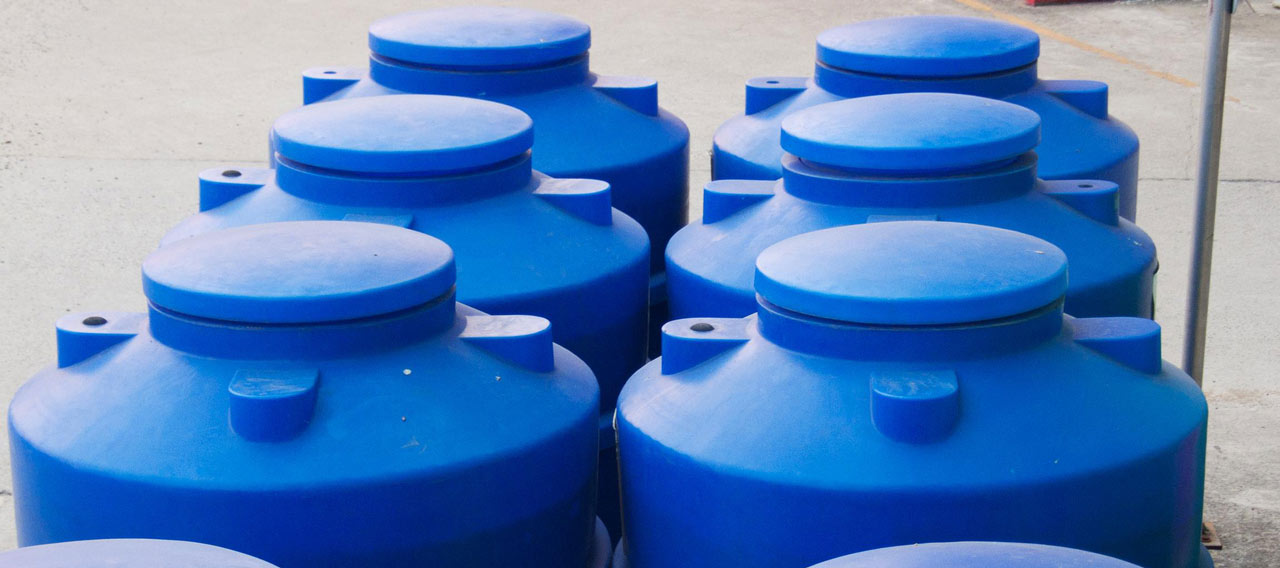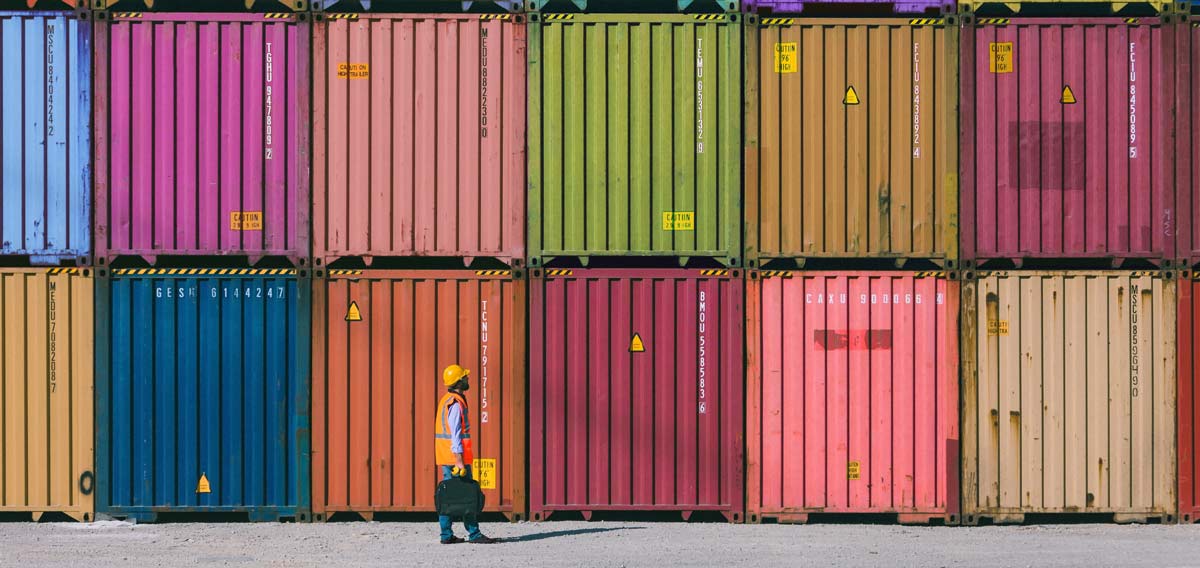For businesses of any size, managing insurance claims can be a daunting task. This challenge can become even more complex when a business operates in more than one country. And when you go a step further — to incidents that involve people, equipment, suppliers, facilities, and contracts in multiple countries — resolving claims can become a significant challenge.
Whether your business operates worldwide or you’re just venturing across borders for the first time, a strong insurance carrier can help you identify international risks, make recommendations to help limit exposures, and —crucially— quickly resolve claims that touch multiple jurisdictions.
Here are six key questions about claims services to ask when evaluating insurers for your global operations:
1) Do you have on-the-ground, in-house claims professionals in each of the countries where my company has operations?
An insurer with its own network of claims professionals may be able to respond more effectively to a covered event than an insurer that uses independent contractors. With especially complex claims, a dedicated multinational claims team can coordinate multiple policies and help ensure that resolutions comply with the local regulatory requirements of every jurisdiction involved in the claim.
2) How quickly will your claims team respond once a claims report is filed?
It’s important for your international insurer to respond rapidly—and with the appropriate level of urgency for the incident and jurisdiction. A rapid response can help mitigate losses and enable a disrupted business to quickly resume operations. At the same time, the best resolutions can be achieved when communications and responses are tailored to local market practices.
3) How does your claims team manage claims across multiple languages? Do you provide translation services?
When an international claim occurs, you’ll benefit from the services of local claims professionals who can both translate policy documents into English and explain the local nuances of communications.
4) Does your claims team have personnel with expertise in my industry and the types of risks my business faces?
A strong claims team will provide multiple layers of expertise. When you conduct business across borders, you’ll need more than local expertise from your claims team. You’ll also want claims personnel who understand your industry and have experience responding to the types of losses your business might face.
5) How often does your claims team provide analytic claims reporting?
Regular, detailed claims reporting can help your business identify loss trends, determine the best preventive actions, and ultimately reduce risks. Ask prospective insurers if they provide quarterly or annual claims reviews — and what information is included in the reports. You may even want to ask to see a sample report.

6) What value-added solutions and services complement your claims operations?
In addition to providing an exemplary claims servicing, a strong insurer will support your multinational risk management operations with a range of complementary services and solutions. Determine if a prospective insurer offers:
- Technology tools — A robust technology solution can help you manage all aspects of your risk management program, from renewals to claims to monitoring, and more.
- Risk engineering — A team of risk engineers can help you identify risks and take preventive actions to minimize costly loss exposures.
- Strong operational coordination — Your risk management program will benefit from close coordination between account managers, claims, and underwriters.
- Actionable research and insights — Strong insurance companies with international perspective can be a valuable source of information about the economic landscape and business trends. Insurers may offer webinars, whitepapers, and research reports that can help guide your business decisions.
The challenge of managing multinational claims
Successfully resolving complex, multinational claims requires a hands-on, team approach. Consider, for example, a multinational company headquartered in Canada that experiences an industrial accident at a factory in Mexico. In this case, a claim might be filed in Mexico against a master policy that originates in Canada.
But what if the accident was caused by faulty equipment assembled in the United States, based on engineering from a contractor in Germany, using parts manufactured in Singapore? Further, what if the accident prevented an end product from being delivered on time to a subsidiary in the United Kingdom?
This type of complex claim involves multiple languages, regulations, and policies, as well as differences in business practices from country to country. A capable multinational insurer will have deep experience and expertise in handling this level of complexity and resolving complicated claims accurately, legally, and as quickly as possible.
Next steps
Reach out to a local agent or broker for more information about multinational insurance options. Price, coverage, and services should all factor into your decision-making. An agent or broker with experience helping multinational companies can be a great resource for evaluating insurers, including their claims services.
Chubb resources
A World of Claims Expertise – Case studies from Chubb’s claims team
Sources:
1https://bmpmedical.com/what-plastics-are-used-in-medical-devices/
3https://www.epa.gov/chief; https://www.sentryair.com/plastic-fumes.htm
4https://www.sonicaire.com/combustible-dust-and-the-plastics-industry/; https://www.plasticsnews.com/perspective/nfpa-652-beyond-dust-hazard-analysis
5https://risklogic.com/the-dangers-of-plastic-composite-panels/
6https://medicaldevicehq.com/articles/how-to-identify-and-manage-critical-components/
7https://www.imua.org/Files/reports/AnUnderwritingGuidetoPlasticManufacturing.html
8https://www.nfpa.org/codes-and-standards/all-codes-and-standards/list-of-codes-and-standards/
10https://www.tfp1.com/blog/how-infrared-electrical-inspection-reduces-risk-of-building-fires
Insights and expertise








This document is advisory in nature and is offered as a resource to be used together with your professional insurance advisors in maintaining a loss prevention program. It is an overview only, and is not intended as a substitute for consultation with your insurance broker, or for legal, engineering or other professional advice.
Chubb is the marketing name used to refer to subsidiaries of Chubb Limited providing insurance and related services. For a list of these subsidiaries, please visit our website at www.chubb.com. Insurance provided by ACE American Insurance Company and its U.S. based Chubb underwriting company affiliates. All products may not be available in all states. This communication contains product summaries only. Coverage is subject to the language of the policies as actually issued. Surplus lines insurance sold only through licensed surplus lines producers. Chubb, 202 Hall's Mill Road, Whitehouse Station, NJ 08889-1600.










